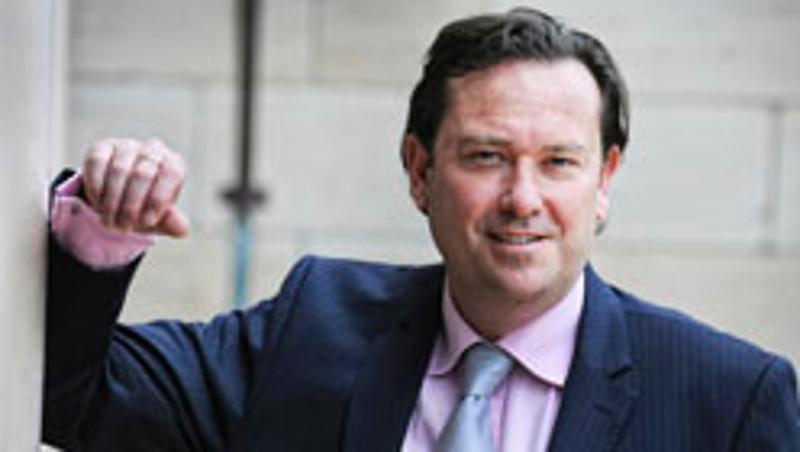
When Australian companies enter the European carbon trading scheme in 2015 they will be entering a complex and poorly regulated market that has been a hotbed of fraud, a QUT environmental lawyer warns.
Professor Reece Walters said the carbon trading market, which has been operating in Europe since 2006, offered massive opportunities for criminals, had done little to reduce pollution, and governments lacked the will and international policing capacity to deal with the situation.
He said the framework within which the carbon market operated meant failure was inevitable.
"Companies are allocated a certain number of carbon credits (depending on their size and industry) with one credit being equal to one tonne of carbon emissions," he said.
"If a company produces fewer emissions than their government has allowed, they are able to sell their credits on the carbon market to a bigger polluting company. This second company is basically buying a permission to pollute.
"While the price of each credit was 16 euro when the scheme began in 2006 it is now down to seven euro per credit, indicating that credits are not in high demand and therefore emissions should be decreasing.
"But the opposite is the case. Emissions are on the rise and EU countries continue to exceed agreed upon pollution targets."
Professor Walters said two key factors accounted for the discrepancy.
"Firstly, companies falsify their records to show they emit less pollution that is actually the case and industry regulation is so lax that on the whole they are able to get away with it," he said.
"Secondly, companies generally employ brokers to buy and sell their credits on the carbon market but the market is peppered with dodgy brokers who set up bogus companies to trade in credits and again because of lax regulation these companies get away with not paying Value Added Tax (VAT) to government.
"In Britain alone these violations are costing the public millions of pounds per year."
Professor Walters said carbon credits were like a 'get-out-of-jail-free' card for big polluters who often offset their pollution by investing in green projects that were foisted upon indigenous communities that did not want them.
"In South America there are examples of tree planting projects that indigenous communities haven't wanted and that have destroyed valuable native vegetation," he said.
"It is the ordinary people in the western world and often the poorest of the third-world indigenous communities that are the big losers in this carbon trading industry."
He said reputable companies wanting to offset their carbon emissions needed to be sure that the brokers they used were reputable, too, or they ran the risk of funding unwanted projects.
Professor Walters said Australia was unprepared to enter the carbon trading scheme and much work needed to be done to ensure the scheme operated efficiently and without criminality.
"There are few regulatory arrangements, no specialised enforcement agency, no case law, no watchdog and no plans for independent review.
"Australia needs to learn from the mistakes of Europe and put in place arrangements for the regulation and policing of carbon trading. The challenges for regulators across the EU are immense, the expansion of the scheme to include Australia will open new criminal possibilities and we need to be ready."
Professor Walters said QUT was the only academic institution researching carbon trading from a criminological point of view.
RELATED ARTICLES
From black market to legal market - ecocrime in the 21st century
Media contact: Rose Trapnell, QUT media officer, 07 3138 2361 or rose.trapnell@qut.edu.au


